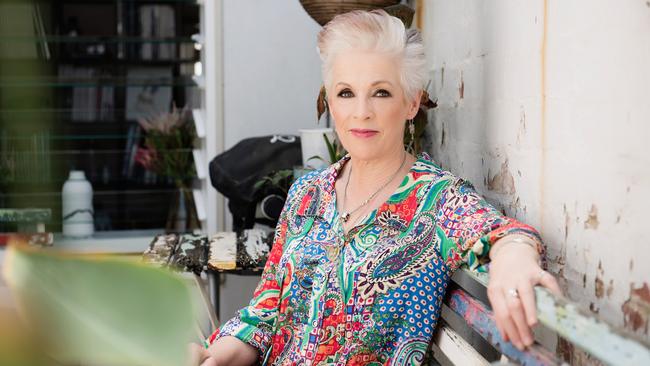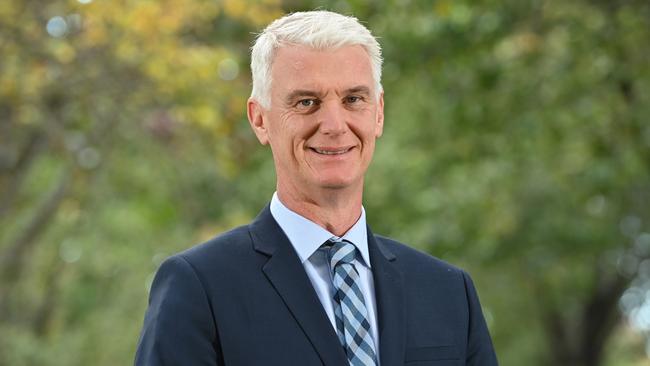Death in the digital world: what to do about your online assets
Australians now have a huge financial footprint online, so how do you safeguard your digital assets from death or disability?

SmartDaily
Don't miss out on the headlines from SmartDaily. Followed categories will be added to My News.
Dying has become more complex than ever as technology takes over most people’s lives.
And while technology helps keep people alive for longer, death in our digital world produces many new issues that must be dealt with by Australians or their grieving families.
For example, what happens to your social media? Your emails? Your files stored in the cloud? Electronic records from licences to healthcare? It’s a long and growing list.
Equity Trustees senior estate planning lawyer Susan Bonnici says not many people give enough thought to what happens to their digital assets when they die.
“A lot of our valuable data has migrated from physical form to digital form,” she says.
For example, people traditionally passed down photo albums through the family but many don’t have the same attachment to digital photos stored online, she says.
“A specialist estate planning lawyer, who focuses on digital as well as traditional forms of assets, should be able to provide comprehensive advice about holistic estate planning and the transfer of your tangible and digital wealth.”
A LONG LIST
It’s a good idea to first list all the digital assets you own.
Author Jackey Coyle says in her book “In the End: a practical guide to dying” that people can create a register of all digital assets and appoint a digital executor to manage their digital property after they have died.

Coyle says a digital legacy is everything stored in the cloud (online data storage), online accounts such as banking, superannuation and government services, social media accounts, storage devices such as memory sticks and locally saved files and folders.
“Once you start to add it up, it’s probably an enormous amount,” she says.
Don’t forget texts, emails, documents, audio, video, photographs, passwords and usernames, social media content, software, health records, insurance records, superannuation accounts, cryptocurrencies and digital devices such as smartphones and laptops.
“If your executor can’t access your records, these might be lost to your family,” Coyle says.
DIGITAL WILLS
Adelaide Cemeteries chief executive officer Michael Robertson says people should consider creating a digital will.
“Taking the time to create a summary of your digital footprint and leaving behind instructions to manage your online legacy will help support your family and friends as they manage your affairs following death,” he says.
“Consider appointing a digital executor to carry out your requests. Often this may be the same person as your executor. However, you may choose to pass this task onto somebody else.”
Think about how your family or digital executor will access your devices and accounts, Robertson says.
“Ideally, passwords will be written down in some format – however, this can present security concerns,” he says.
“Consider using an online password management system, such as LastPass, to securely store and safeguard your login details behind one master password.”
SOCIAL MEDIA LEGACIES
Robertson says people should think about whether they want their social media accounts to remain active, be memorialised where available or permanently deleted.
“Facebook allows users to appoint a legacy contact and doing so allows one trusted person to look after your memorialised account after your death,” he says.

Bonnici says Twitter’s policies say it will work with an authorised representative, “presumably the executor” to delete a deceased person’s account, while Google has an inactive account manager function where users can set their preferences about what happens after a period of inactivity.
This may include a trusted contact having access to nominated accounts, or Google deleting all your accounts, she says.
“For most social media sites, the account owner can nominate someone else to take over the account in the event of incapacity or death,” she says.
ISSUES TO CONSIDER
• Do you have an inventory of your digital assets and accounts, and your wishes related to them?
• Record passwords, usernames and digital keys, but store them securely – either in safe storage or an encrypted document.
• If you have cryptocurrency remember that digital keys are irreplaceable – so if nobody knows them, the crypto asset will be forever lost.
• Business owners need to think about digital assets that are important for their business to continue running smoothly, such as website platforms and domain names.
Source: Equity Trustees
More Coverage
Originally published as Death in the digital world: what to do about your online assets





